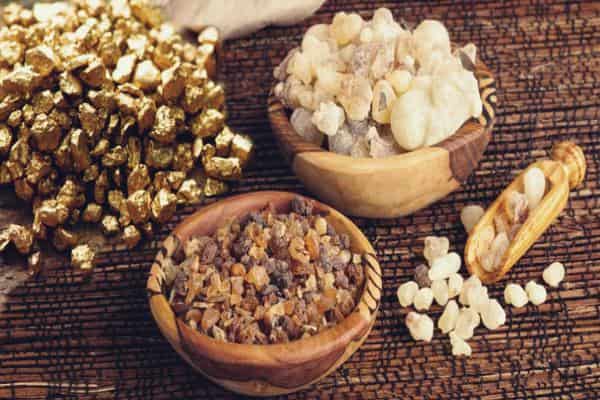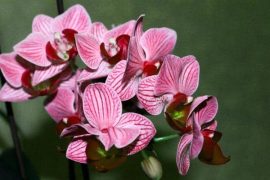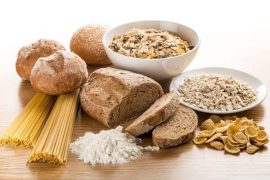What is the myrrh, which, according to the Gospel, was one of the gifts of the Magi from the East for the Baby Jesus? According to the Old Testament, it was a component of sacred oils that were used to anoint and embalm corpses. In ancient times, it was one of the most valuable gifts given to the rulers of different countries. Natural medicine has also benefited from its healing properties. Why is myrrh such a valuable substance? What properties does it show, and what is it used for today?
What is myrrh and what does it contain?
Myrrh is a resin (cured juice) obtained from balsamic trees and shrubs. It flows from the bark in the form of red-burgundy lumps. It is characterized by intense aroma and bitter taste. Thorny trees from which pitch is found are found in the Middle East and North Africa. In ancient times, myrrh was used to combat digestive diseases, as well as respiratory and reproductive diseases. The resin was believed to reduce menstrual pain and even regulate the menstrual cycle. Mira was also a cure for dysentery, leprosy, and oral diseases. Accelerated wound healing and relieved pain. Incense was also used during religious ceremonies. The ancient Egyptians also believed that embalming with myrrh makes life easier for the dead in this world. The resin can be distilled to extract the essential oil from it, and it can also be powdered so that it can be used as an ingredient in tablets and capsules. Myrrh is also used to make incense, perfumes and medicinal tinctures.
Properties of Myrrh
Balsamic resin has many health benefits. It has antibacterial and antifungal properties, so it has a huge effect on the skin. Accelerates wound healing, restores and stimulates skin renewal. It regulates the amount of sebum secreted and helps fight acne or dermatitis. Myrrh is also useful for infections and inflammations of the mouth and throat. It also dilutes the secretions in the upper respiratory tract, and makes coughing easier. Effectively copes with Staphylococcus aureus. Myrrh also has a counter flow effect and has the ability to stop bleeding, so it helps in the treatment of hemorrhoids. It Also reduces menstrual pain and regulates the menstrual cycle.
Myrrh also has a beneficial effect on the heart – it reduces the level of bad cholesterol and protects against the formation of atherosclerotic plaques. This greatly reduces the risk of coronary heart disease, heart attack, or stroke. The substances contained in the resin also support the proper functioning of the pancreas (reduce blood sugar) and the liver (stimulate the secretion of bile). They also help relieve gastrointestinal and digestive upsets (they fight diarrhea and even parasites in the digestive tract). Myrrh also has a beneficial effect on the nervous system. It works as an antidepressant, helps fight stress, and makes falling asleep easier. It has been successfully used by people struggling with migraine headaches. Its aroma refreshes and disinfects.
Myrrh Applications
Due to the many healing properties of myrrh, it is used in the pharmacological and cosmetic industries. We find it in nutritional supplements and agents that support the treatment of upper respiratory tract infections, lowering cholesterol or drugs that fight hemorrhoids. Sold as a resin or as a plant extract. Myrrh can also be purchased as an essential oil and used by rubbing it in the throat or chest. The substances contained in the resin of the balsamic tree also prevent the formation of sweat, therefore, myrrh is used to produce antiperspirants. It is also added to toothpastes and mouthwashes, as well as for periodontal treatment. Myrrh is also a popular ingredient in perfumes, face creams and lotions,








